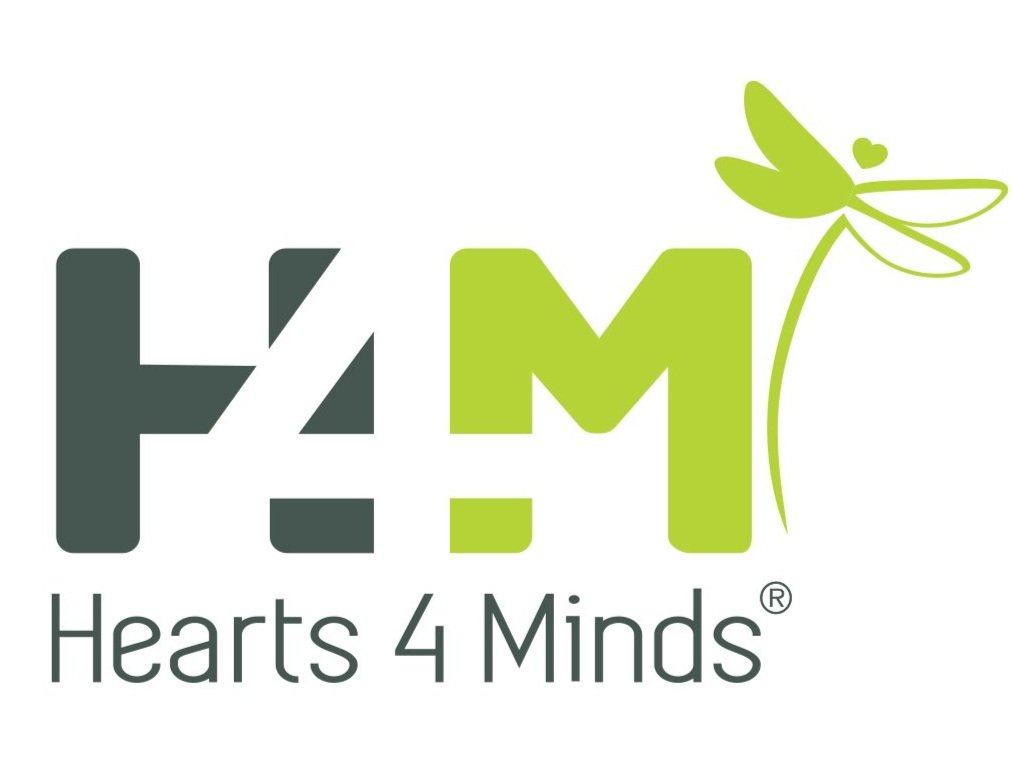Dissociative Disorders
WHAT ARE DISSOCIATIVE DISORDERS?
Dissociative disorders are mental health conditions characterized by a disconnection between thoughts, identity, consciousness, and memory. Individuals experiencing dissociation may feel detached from themselves or their surroundings, leading to disruptions in their sense of identity and reality. Common types of dissociative disorders include Dissociative Identity Disorder (DID), Dissociative Amnesia, and Depersonalization/Derealization Disorder.
1.5% of people in the United States are diagnosed with a dissociative disorder at some point in their lives.
TYPES OF DISSOCIATIVE DISORDERS
-
Formerly known as multiple personality disorder, DID involves the presence of two or more distinct personality states or identities, each with its own way of perceiving and interacting with the world. This condition is thought to be caused by severe trauma during early childhood.
-
This disorder involves an inability to recall important personal information. It is usually related to a traumatic or stressful event. This amnesia can be localized (specific to a particular event) or generalized (affecting the entire life history).
-
Individuals with this disorder experience feelings of detachment from their own body (depersonalization) or from their surroundings (derealization). These feelings can be distressing and may interfere with daily functioning.
WHAT TREATMENTS ARE AVAILABLE?
PSYCHOTHERAPY
Psychotherapy is the primary treatment for dissociative disorders. Various therapeutic approaches can help individuals process trauma and develop coping strategies.
Trauma-Focused Therapy: Techniques such as Eye Movement Desensitization and Reprocessing (EMDR) help patients process traumatic memories and reduce their emotional charge.
Cognitive Behavioral Therapy (CBT): CBT can help individuals challenge and change unhelpful beliefs about themselves and their experiences, providing tools to manage symptoms of dissociation.
MEDICATIONS
While there are no specific medications for dissociative disorders, some individuals may benefit from medications that treat associated symptoms such as depression and anxiety.
Antidepressants: These can help manage mood disturbances often present in individuals with dissociative disorders.
Anti-Anxiety Medications: These may be prescribed to alleviate anxiety symptoms that can accompany dissociation.
SELF-MANAGEMENT
Self-management techniques for dissociative disorders can help individuals regain a sense of stability and control in their daily lives, complementing professional treatments for a more comprehensive approach to healing.
Grounding Techniques: Engaging in grounding exercises can help individuals reconnect with their surroundings and feel more present. Techniques may include focusing on physical sensations or using breathing exercises.
Mindfulness Practices: Mindfulness meditation can help reduce anxiety and improve emotional regulation, fostering a greater sense of connection to oneself.
Journaling: Writing about thoughts and feelings can provide insight and help process experiences, serving as a therapeutic outlet.
HOW DO I GET HELP?
INCREASE YOUR AWARENESS
Educating yourself about dissociative disorders is a vital step toward managing your condition and empowering your recovery. Understanding the symptoms, potential causes, and available treatment options can help you feel more in control of your experiences. Learning about coping strategies and grounding techniques can provide tools to navigate dissociative episodes. Staying informed fosters self-awareness and encourages a proactive approach to healing.
IDENTIFY YOUR TRIGGERS
By identifying triggers that may lead to dissociative episodes, you can take steps to either avoid them or develop strategies to cope effectively. Keeping a journal to track your experiences or working with a therapist to explore patterns in your dissociation can help you create a personalized plan to navigate difficult moments and regain a sense of control.
WORK WITH PROFESSIONALS
A trusted therapist or psychiatrist can help you create a treatment plan tailored to your needs,. Maintaining open communication about your symptoms, progress, and goals ensures your care evolves as you do. Building a strong therapeutic relationship provides a supportive foundation for your recovery journey.
AVOID SUBSTANCES
Minimizing or avoiding alcohol and recreational drug use is vital when managing dissociative disorders. Substances can intensify symptoms and make it harder to engage with treatment. Instead, focus on healthier alternatives to manage stress, such as creative outlets, physical activity, or talking with a trusted friend. Prioritizing a substance-free lifestyle supports your overall recovery and promotes a clearer path toward stability.
PRACTICE SELF-CARE
Regular exercise, such as walking or yoga, can reduce stress and improve grounding. A balanced diet supports brain health, while maintaining a consistent sleep schedule ensures your body and mind have time to rest and recover. Incorporating relaxation techniques, like deep breathing or mindfulness meditation, can also help you stay present and connected to your surroundings during challenging times.
Dissociative disorders can feel isolating, but recovery is possible with the right support and strategies. By seeking professional help, building a strong support system, and practicing self-care, you can work toward greater self-understanding and a healthier, more balanced life. You don’t have to face this journey alone—help is available, and healing is within reach.
